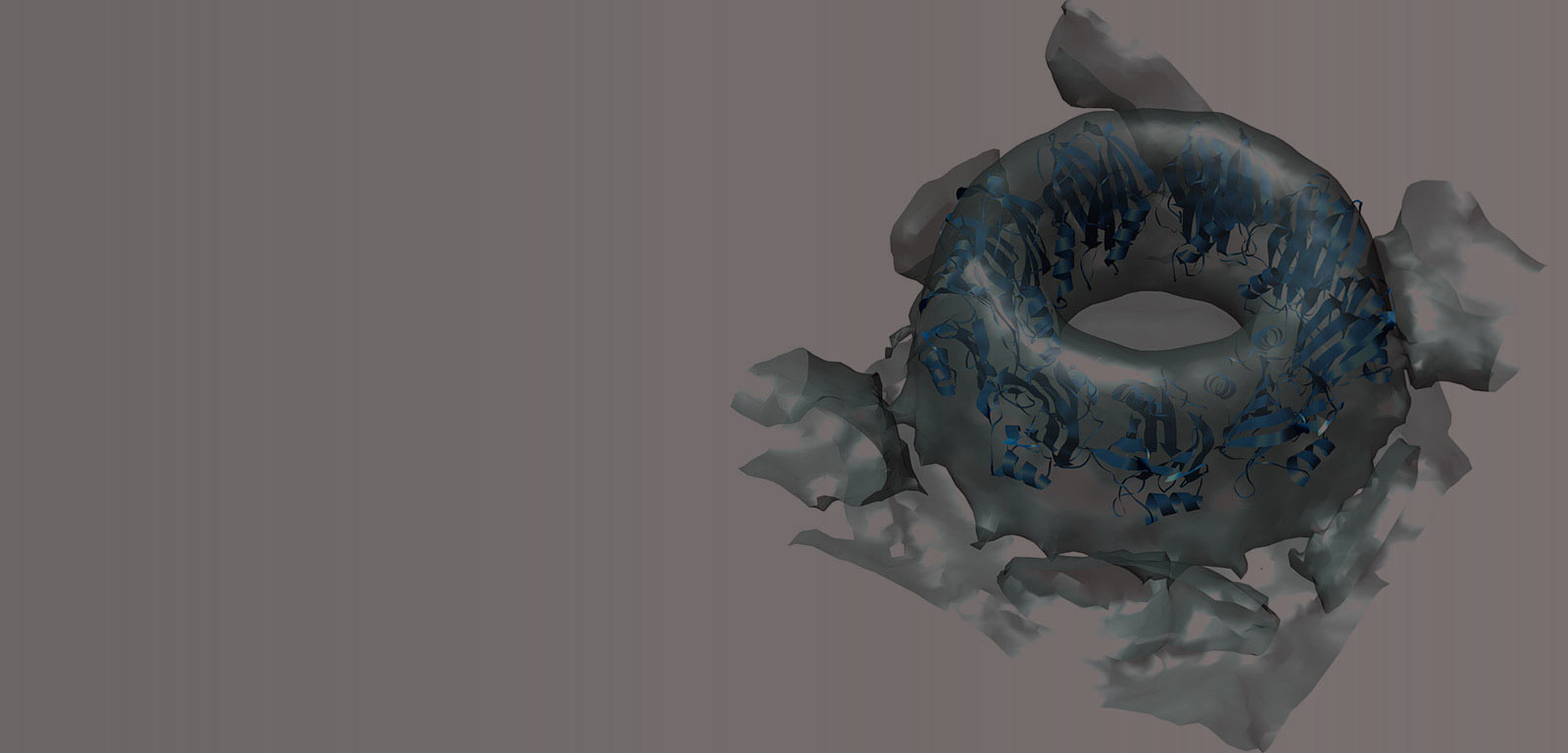Subject
Current advances and future trends in molecular and cellular microbiology
General details of the subject
- Mode
- Face-to-face degree course
- Language
- English
Description and contextualization of the subject
Microbes are essential to all life on Earth. We simply cannot exist without them. Actually They play a major role in various biochemical processes such as biodegradation, biodeterioration, climate change, food spoilage, biotechnology, and of course health and disease. Understanding microbes, how the work and intereact with other forms of life offers the unique opportunity to learn how to control and harness their power for beneficial use in areas as diverse as healthcare, food production and agriculture.Microbiology is a broad discipline, and microbes can be studied at different levels, from the basic molecules that conform them like proteins and genes (Molecular Microbiology), to the cellular level (Cellular Microbiology) and beyond. Branches of Microbiology include Bacteriology, Virology, Parasitology, Mycology, and Microbial Genetics. This course is focused in the Molecular and Celular levels and, according to the general orientation of the Master in which it is included, with a particular focus in the Biomedical and Biotechnological aspects of them.
The course has a general structure that will progress from the more fundamental processes related to DNA, like replication, transcription, horizontal gene transfer or sequecing (Molecular Microbiology) to apparatus and cellular processes of interaction with other organisms, like adhesion, secretion systems, etc. Specific lectures will be used to describe the latest advances involving microbiology of plants, virus or yeast, and the final set of lectures will deal with pathogens in the clinical setting and the problem of antibiotic resistance.
By the end of the course, the students will have learned about the most active fields of research in Molecular and Cellular Microbiology and the tools used in them. As a consequence, they will have improved their capacity to read and understand scientific literature related with microbes at these levels.
Teaching staff
| Name | Institution | Category | Doctor | Teaching profile | Area | |
|---|---|---|---|---|---|---|
| FULLAONDO ELORDUI-ZAPATERIECHE, ASIER | University of the Basque Country | Profesorado Agregado | Doctor | Bilingual | Genetics | asier.fullaondo@ehu.eus |
Competencies
| Name | Weight |
|---|---|
| Acquire advanced knowledge of the molecular biology of microorganisms. | 20.0 % |
| Ability to follow and critically interpret the latest advances in theoretical and practical Molecular and Cellular Microbiology knowledge. | 20.0 % |
| Capacity to interpret Biomedical research results at an advanced level. | 20.0 % |
| Capacity for independent research, although limited to carrying out specific supervised studies. | 20.0 % |
| Develop an original and creative way of approaching Molecular and Cellular Microbiology problems. | 20.0 % |
Study types
| Type | Face-to-face hours | Non face-to-face hours | Total hours |
|---|---|---|---|
| Lecture-based | 42 | 35 | 77 |
| Seminar | 4 | 4 | 8 |
| Workshop | 4 | 36 | 40 |
Training activities
| Name | Hours | Percentage of classroom teaching |
|---|---|---|
| Expositive classes | 77.0 | 55 % |
| Prácticas (aula informática, casos prácticos, visitas de campo,..) | 12.0 | 33 % |
| Work preparation | 48.0 | 11 % |
Assessment systems
| Name | Minimum weighting | Maximum weighting |
|---|---|---|
| Attendance and participation | 10.0 % | 60.0 % |
| Practical tasks | 10.0 % | 40.0 % |
Learning outcomes of the subject
Students will be able to acquire, articulate, retain and apply specialized language and knowledge relevant to Molecular and Cellular Microbiology.Students will communicate scientific concepts, experimental results and analytical arguments clearly and concisely, both verbally and in writing.
Students will use critical thinking and problem-solving skills through the use specialised articles and reviews of scientific literature in the field of Molecular and Cellular Microbiology.
Effectively use a computer and Internet browser to find and assess infectious diseases information for writing a disease report and solving case studies.
Explain the pahogenic mechanisms employ by different microbes to interact with their hosts.
Ordinary call: orientations and renunciation
Attendance is compulsory. Excused absences may be made up with the activity indicated by the person in charge of the session.The intervention of the student in the classes will be valued, the questions and comments made in each session will be valued. A high participation and attendance to 100% of the sessions allows to pass the course.
An unexcused attendance of less than 80% of the sessions will result in the failure of the course.
In the case of absence with a justified cause (more than 30%), an exam/test of the subject adjusted to the specific situation will be carried out.
The evaluation tests of the course will be adjusted to the characteristics of the group and will be made explicit at the beginning of the course.


